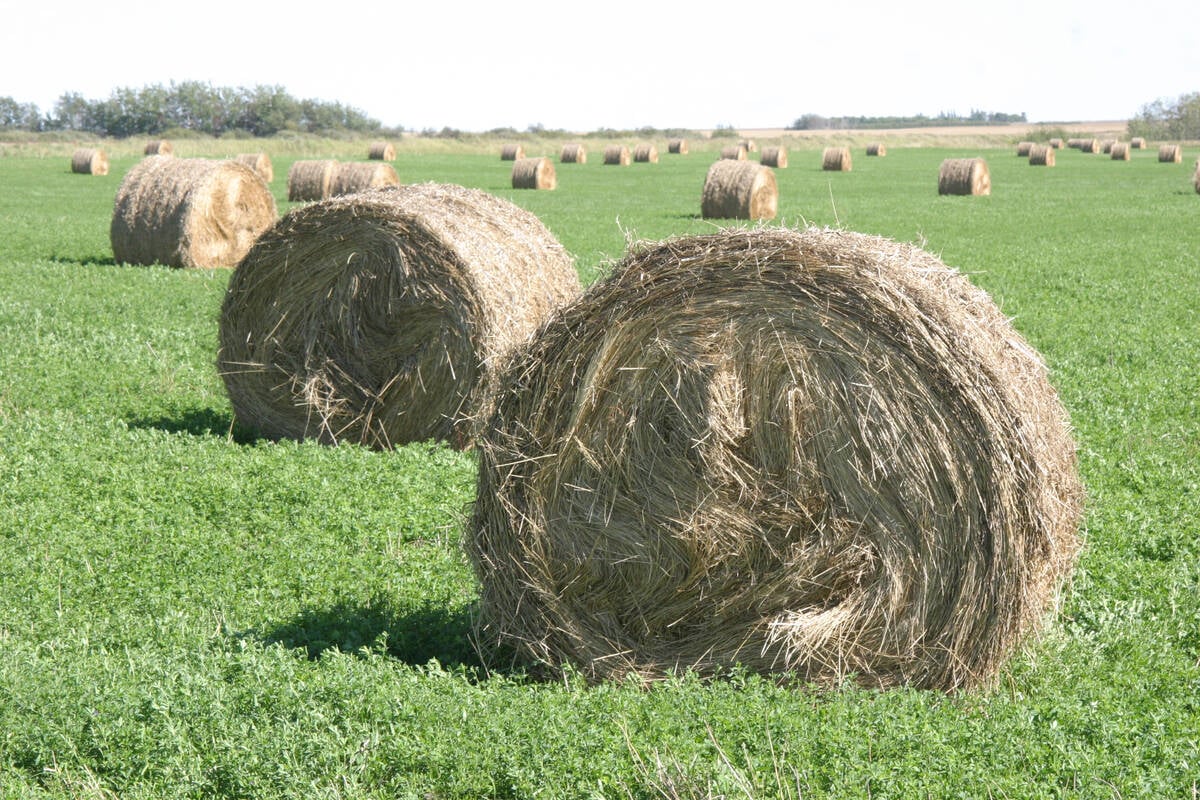Canada’s meat industry will comply with the July 12 start of the enhanced ban on specified risk material, although preparations have been a bit of a scramble, a senior packing sector official said last week.
The packers still are waiting for a government response to their request for $50 million over two years to help cover additional costs of disposing of tonnes of SRM material.
“We certainly will be respecting the feed ban letter of the law on July 12,” Canadian Meat Council executive director Jim Laws said May 17. “We will be separating and segregating SRM material and it will not be going into the animal food chain. However, we will not yet have the ideal capital structure.”
Read Also

Breaking down successful winter feeding into six steps
It’s that time of year when it is important to start planning for a cow herd’s winter feeding program. Here are six steps I think are necessary to consider when getting your feed tested.
Effective that date, use of SRM material will be banned in feed, pet food and fertilizer.
In early May, some renderers that supply those industries stopped accepting SRM material so products being manufactured now but that may not be sold until after July 11 will be guaranteed SRM-free.
Laws said packing industry officials are working with the Canadian Food Inspection Agency to develop detailed rules on proper disposal of SRM material. In some cases it will be buried or rendered in dedicated lines. Many packing plants plan to construct incinerators but have not yet done so.
The industry is scrambling to comply just weeks before the ban takes effect because companies were waiting to see the rules for distribution of $80 million pledged by the federal government to help the industry adjust to the new rules.
As industry players warned during the winter of a looming crisis in compliance and cost, MPs held emergency meetings on the issue and the government issued a warning that industry should get moving to prepare with or without funding support because it would be the law of the land.
Laws said some of the federal money has started to flow now that Ottawa has signed cost-sharing agreements with most affected provinces. However, Quebec and Manitoba still have not come to terms with the federal government.
“Clearly, some details remain to be worked out and we will have a lot more SRM material to dispose of without all of our infrastructure in place for that, but we will comply,” said the packer industry executive. “There is no doubt about that.”
Because the Canadian SRM ban will be tougher than American rules, there have been some packer complaints that the added costs will undermine their competitiveness in the North American market.
At an early May appearance before the House of Commons agriculture committee, agriculture minister Chuck Strahl acknowledged industry nervousness but insisted the ban will take effect as planned.
It was first proposed by the Liberal government in 2005 and reaffirmed by the Conservatives after the 2006 election.
“It seems to be coming together,” Strahl told MPs. “Everyone is a little nervous because it’s a big change but they’ve had lots of notice and they’ve been working very productively.”
He said Ottawa has signed funding cost-sharing agreements with Alberta, British Columbia, Ontario, New Brunswick and Nova Scotia “and we have kind of agreements-in-principle with the other provinces more or less ready to sign. It does appear to be coming together well and in all regions of the country.”














